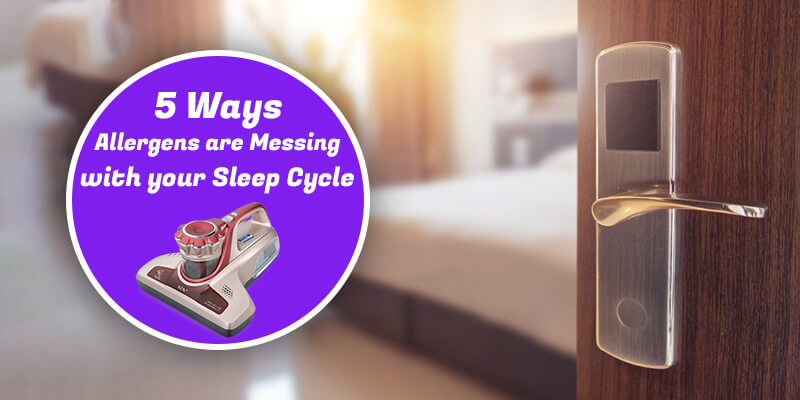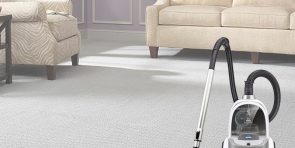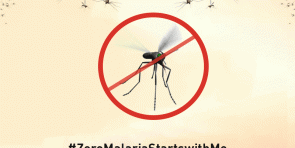5 Reasons your Allergy Aggravates at Night
Allergies can make your life miserable. The symptoms of a runny nose, itchy eyes, troubled breathing, and sneezing make it difficult to sleep. In fact, the symptoms of allergies get serious at night. Allergies can interfere with your sleep cycle, which makes it sick and impossible to concentrate when working. So, if you too suffer from allergies and find it difficult to sleep, the blog is for you. Read on to find out how allergies can affect your sleep cycle.
Lying Down Aggravates Congestion
Your allergy aggravates when you lie down. The reason is when you lie down, everything in your nose starts dripping down your throat. The anatomy of the nose and throat worsens your coughing, wheezing, and difficulty in breathing at night. Using some extra pillows when sleeping can help you get rid of the problem.
Dust Mites Make You Sneeze

Your skin has a lot of dust mites. The reason is dust mites feed on the tiny human skin flakes that people shed on a daily basis. These flakes get into the layers of beddings, furniture, carpets, and even stuffed toys. These places are a paradise for dust mites to thrive and grow. As an adult person sheds 1.5 grams of skin every day, you can imagine the number of dust mites present in these sources. These dust mites also make you sneeze, thereby disturbing your sleep cycle. In addition to washing the beddings regularly, use a Bed and Upholstery Vacuum Cleaner to remove dust mites and other allergens.
Allowing Pets on Bed
Pet owners love sleeping with their furry friends. However, if you are prone to allergies, avoid sleeping with your pets. The reason is sleeping with your pets can aggravate your allergy problems and have an effect on the quality of sleep. The thick fur is an abode for pollen, dirt, dust, and dogs. This is the reason why it is advisable to allow your pets to sleep in their own bed.
Presence of Pollens in Bedroom
In addition to indoor allergens, you may unknowingly bring pollens into your room. Pollens linger on skin, hair, and clothing, which can trigger coughing, and sneezing when you sleep. This is the reason why you need to take a shower and wear clean clothes before sleeping. Your pets may also pick up allergens, which is the reason why you need to keep them out of your bedroom, if possible.
Snoring can Disturb your Sleep Cycle
Snoring is disruptive, not only for your family members but also for you. If you have seasonal allergies and haven’t done anything to curb the symptoms, it can disturb your sleep cycle. The allergens block the airway, resulting in a stuffy nose and leading to excessive snoring.
Final Thoughts
While some people suffer from allergies during a particular time of the year, others may suffer from allergic attacks in certain geographical areas. In short, allergies affect people at different times of the year throughout the four seasons. Irrespective of the reason, allergies can affect your sleep. Following the steps above can help you sleep better if you suffer from allergies.





